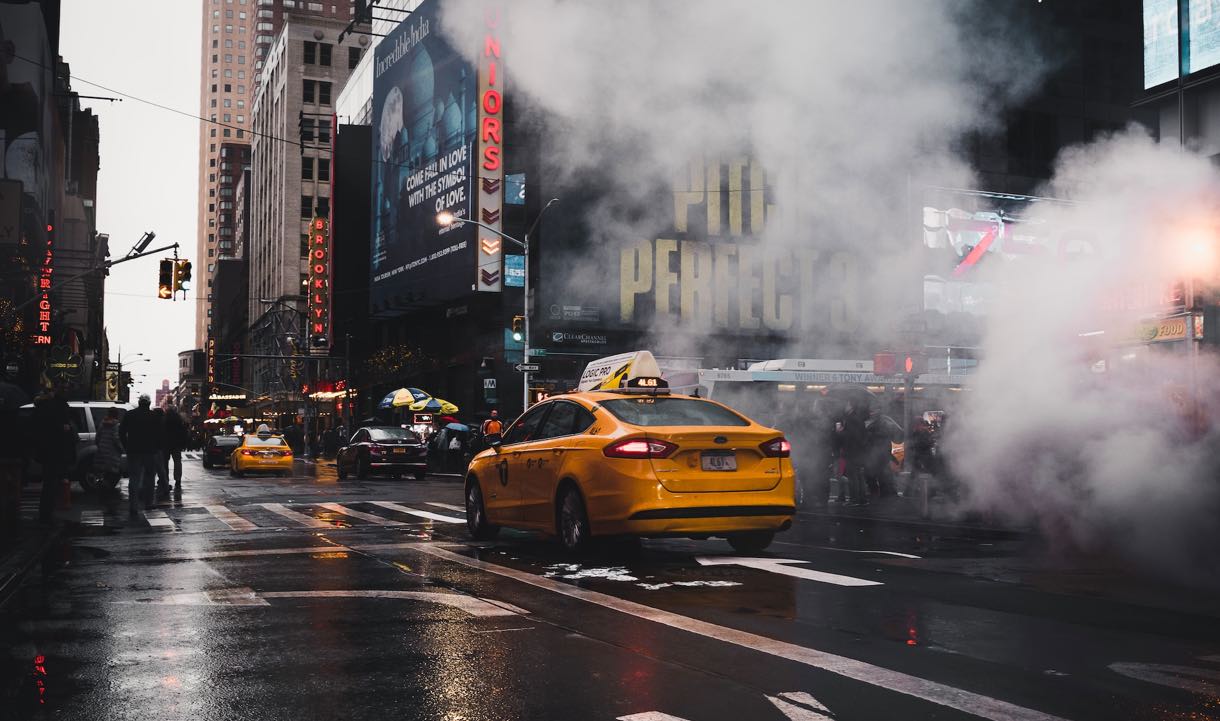Background and Proposed Benefits
There will soon be a big shift in New York City. In an effort to lessen traffic and enhance air quality, the proposed Congestion Pricing Plan would change the busy streets of Manhattan’s central business area. Imagine a Manhattan where the nonstop hum of traffic gives way to better air and more pedestrian-friendly areas. In an inventive move to control urban traffic, the idea would charge cars to enter the region south of 60th Street. It’s about reimagining urban transportation, not simply about relieving traffic.
A Vision for the Future
The city estimates that this project might bring in a significant amount of money—up to $1 billion a year. This cash bonanza will go toward updating the biggest public transit network in the country. Imagine if the antiquated subway system in New York was upgraded to a cutting edge technology that would improve millions of people’s everyday commutes. This proposal is a step toward a more sustainable and efficient New York, not merely a budgetary plan.

Governor Murphy’s Challenge
Not everyone, though, has the same vision. Governor Phil Murphy of New Jersey enters the picture and questions the audacious idea from New York. Governor Murphy contends that this toll unfairly penalizes New Jerseyans who commute to Manhattan by making them pay more for crossing state boundaries. His position is in line with a larger discussion about economic justice and interstate travel.
Legal Battle Lines Drawn
New Jersey has responded with boldness by filing a lawsuit against the Metropolitan Transportation Authority of New York and the U.S. Department of Transportation. The Garden State claims that an extensive environmental review was not done on the plan. This legal case represents a conflict between state interests and federal control, not merely a procedural quarrel.
Understanding the Dormant Commerce Clause
The U.S. Constitution’s dormant commerce clause is the basis of New Jersey’s claim. States are prohibited by this provision from passing legislation that unjustly hinders or discriminates against interstate trade. It is obvious what New Jersey is arguing: the Congestion Pricing Plan unfairly singles out its citizens and establishes an illegal interstate economic barrier.

New York’s Counterarguments
Ironically, New York officials such as John McCarthy of the MTA dispute these allegations. They challenge the purported unconstitutionality of New York’s proposal by pointing out the tolls that New Jersey charges cars who use its roadways. It’s a conflict of viewpoints, each based on its own interpretation of what is morally and economically right.
Revenue and Environmental Impact
There are other ramifications for the plan beyond the legal disputes. New York has an enormous potential to benefit from the anticipated $1 billion in income and the next $15 billion generated for transportation investments. However, New Jersey receives none of this money, which widens the divide.
Interstate Commuter Concerns
Consider the New Jersey commuter who travels to work every day and now has to pay more tolls that do not directly improve the infrastructure in their state. A problem arises when a state’s economic gains are seen as a burden by another. This emphasizes how intricately linked adjacent states are to one another and to their common urban ecosystems.

Navigating Future Scenarios
Numerous results are possible as the legal dispute develops. Should a judge rule in New Jersey’s favor, the proposal may be put on hold and redesigned, along with a longer environmental assessment period. On the other hand, a decision favoring New York may establish a standard for national urban congestion laws.
Seeking Compromise
Is there a possible compromise? Maybe a revenue-sharing arrangement or a new plan that takes into account the interests of both states? The intricacy of urban and interstate linkages in contemporary America may necessitate creative problem-solving and diplomatic engagement in order to resolve this interstate conflict.
Ultimately, the Congestion Pricing Plan that New York City has proposed and the resistance that New Jersey has voiced are representative of a bigger story concerning urban planning, state rights, and environmental stewardship. Two states, each struggling with the difficulties of contemporary urban living and interstate trade, are the subjects of this story. These states are connected yet at conflict with one another.

When it comes to providing services for shipping cars, Ship A Car, Inc. stands out as a shining example of dependability and superiority in this terrain of evolving urban dynamics. With an A+ rating from the Better Business Bureau and licenses from both the FMCSA and the Department of Transportation, Ship A Car, Inc. provides experience and commitment that is unmatched in the industry. Calling our dedicated coordinators at (866) 821-4555 is the best method to get in touch with them, whether you are looking for efficient and stress-free automobile shipping or you are attempting to navigate the complexity of interstate transport in the midst of New York’s developing traffic rules. If you want a smooth experience, regardless of the turbulent transportation environment, use Ship A Car, Inc. as your transportation provider.
Q: How Does Congestion Pricing Affect Interstate Commuters?
A: Congestion pricing implies that travelers from New Jersey and other nearby states will have to pay more to access Manhattan’s core business area. This can affect regular travel schedules by making people rely more on public transit or other routes.
Q: What Legal Grounds Does New Jersey Claim in Its Opposition?
A: Based on the dormant commerce clause, New Jersey opposes the Congestion Pricing Plan, claiming that it discriminates against its citizens by imposing tolls that serve the economic interests of New York rather than those of New Jersey.
Q: Why is Ship A Car, Inc. Ideal for New York Commuters?
A: In light of the possibility of alterations in travel habits as a result of congestion pricing, Ship A Car, Inc. offers a dependable and effective means of shipping cars to and from New York. Their knowledge guarantees a trouble-free journey, which is especially helpful during a period of transit disruption.




